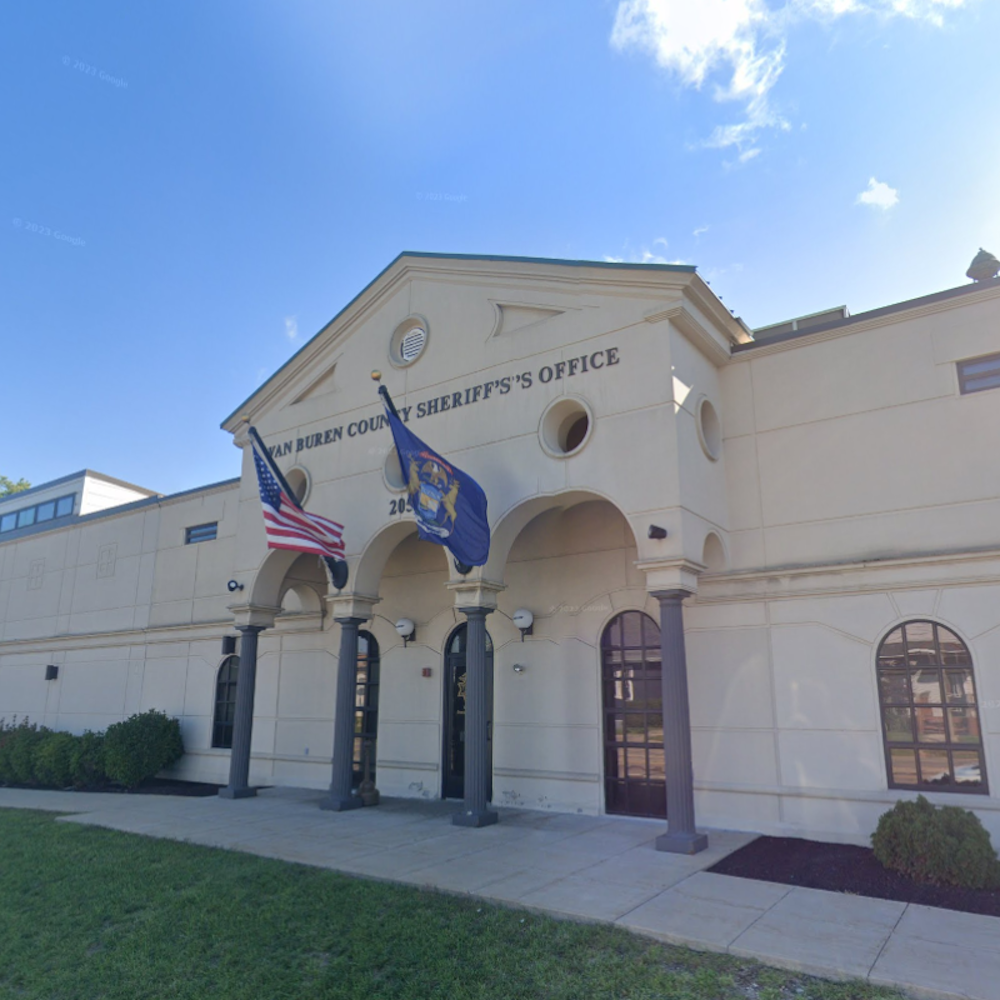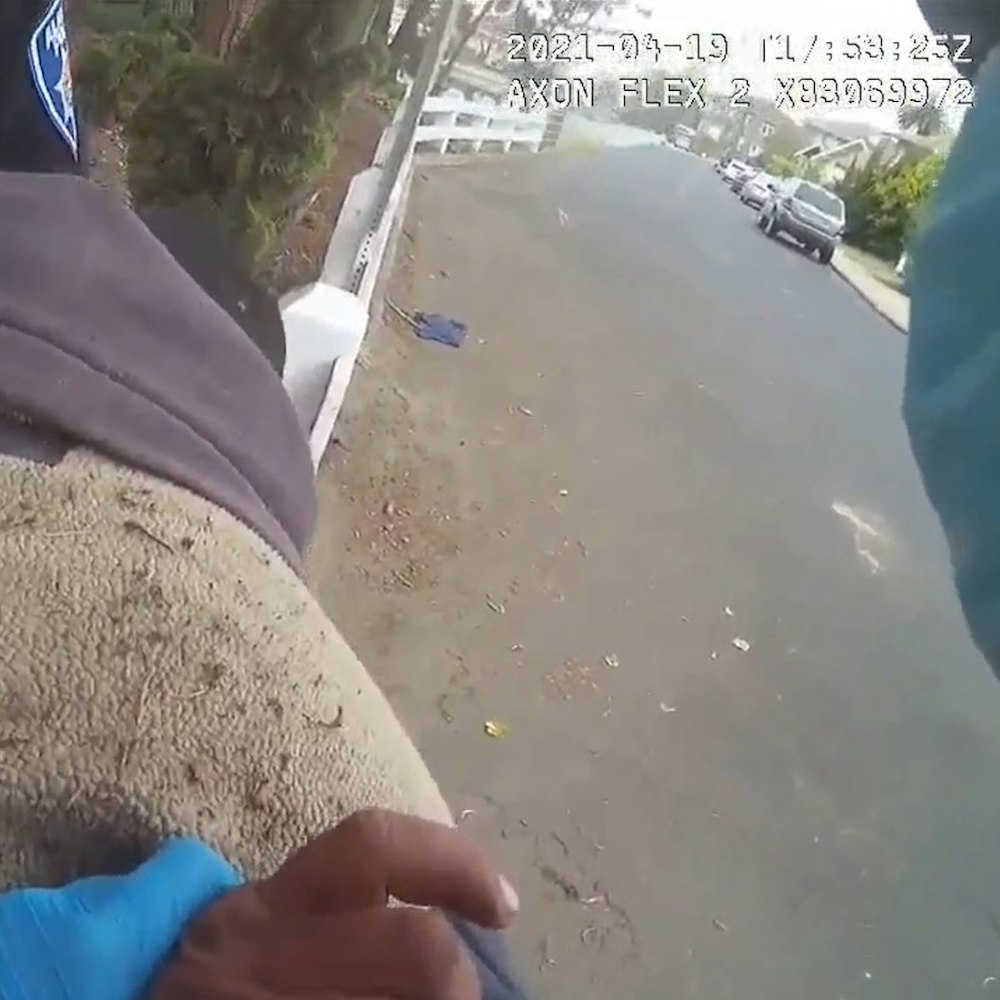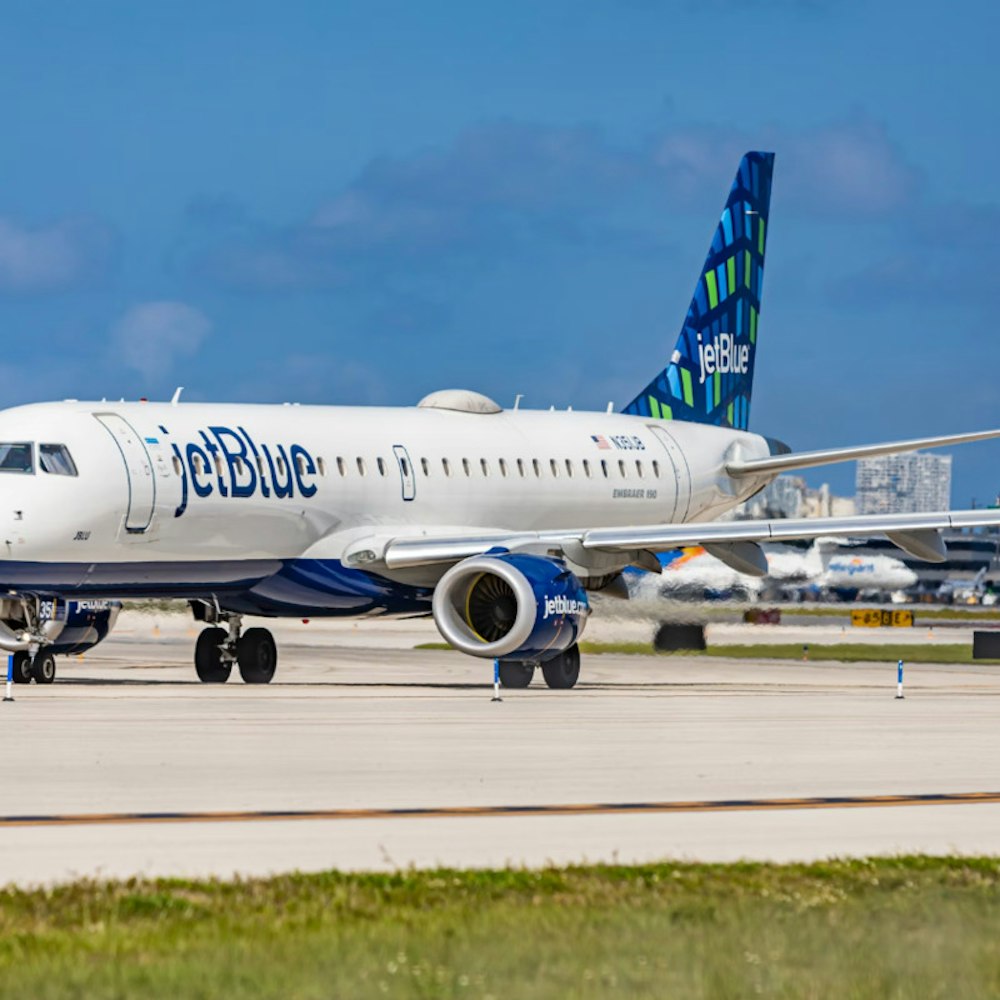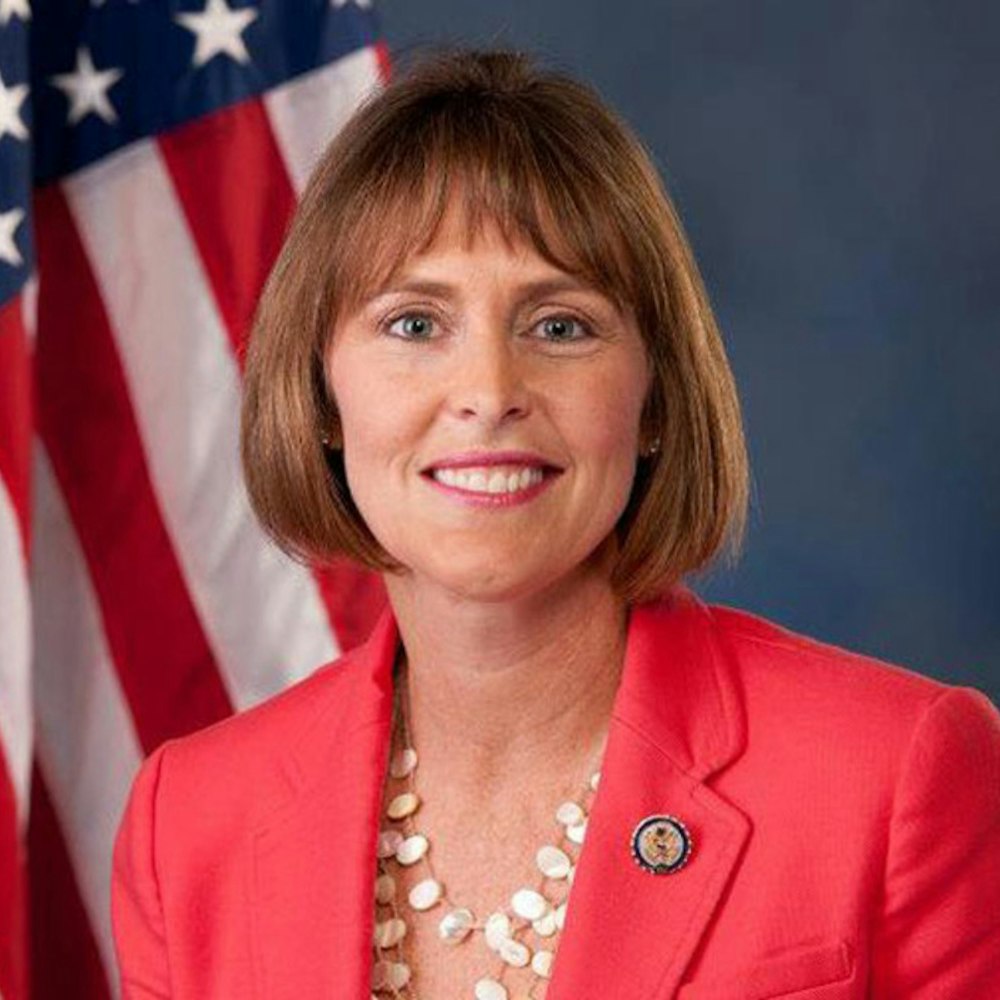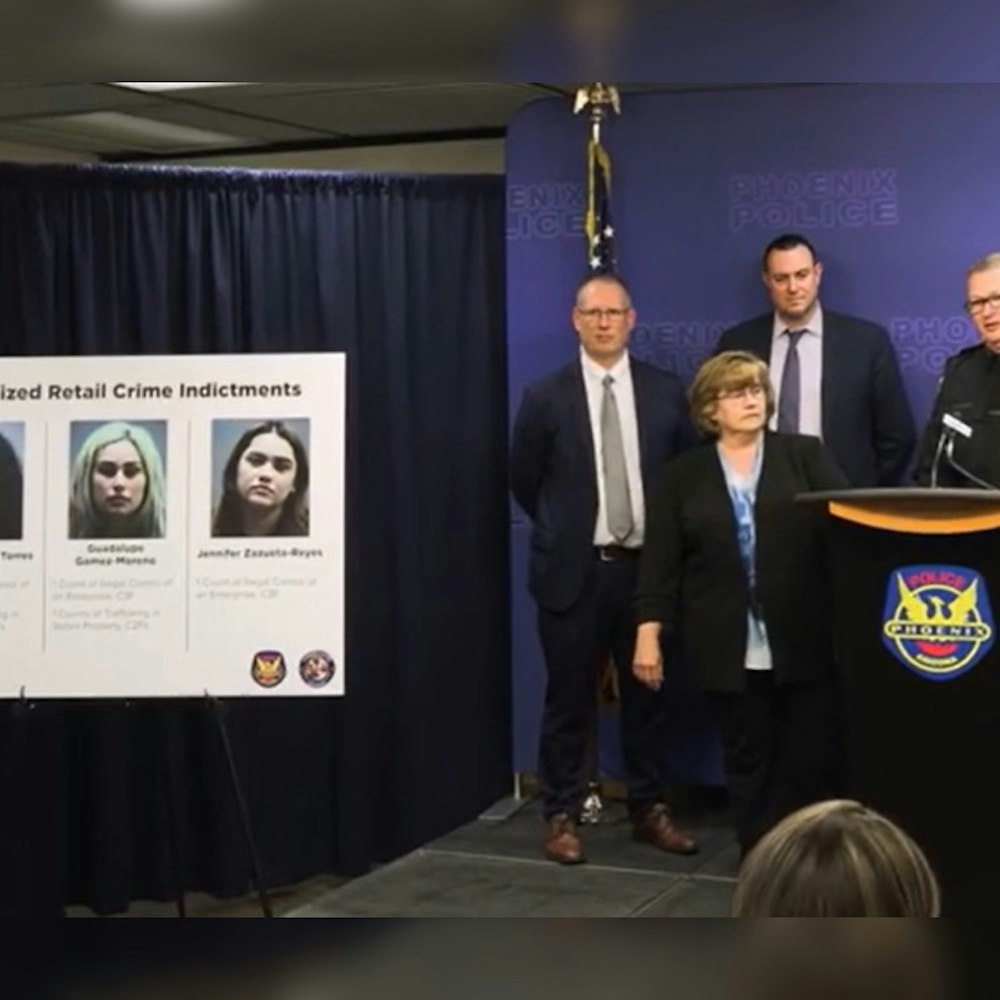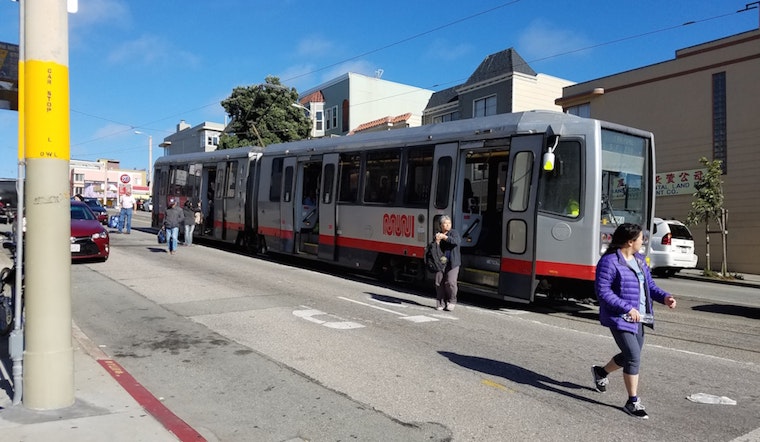
In a win for transit and pedestrian advocates, the SFMTA Board of Directors has unanimously approved a controversial set of changes to the L-Taraval corridor, including new boarding islands, transit-only lanes, and a pilot program of painted lanes. The changes will also consolidate stops on the line, removing nine of them to speed up transit times.
However, after hearing comments from the community, the board also decided to reinvestigate the issue of L-Taraval stops at 17th Avenue, used by many in the neighborhood to access the 17th Avenue Safeway.
With an emphasis on safety, the changes will transform the busy corridor between West Portal Station to the San Francisco Zoo, regularly cited as one of the most dangerous in the city. Connecting the Parkside and the Outer Sunset neighborhoods to the rest of the city, the L-Taraval sees roughly 30,000 riders a day.
Currently, to board or disembark the L-Taraval, riders must step directly into traffic. This has resulted in numerous injuries. According to the Examiner, 45 pedestrians have been struck by cars on the stretch of Taraval where the L runs in the past five years. 22 of them were hit while getting off the train at stops without boarding islands.
Highlighting the need for safety along the "high-injury" Taraval corridor, Muni Forward program manager Sean Kennedy began his presentation with details of an accident that had recently occurred on the line.
"A week and a half ago ... a woman was hit at 19th and Taraval," Kennedy said at the meeting. "She spent the night in the hospital."
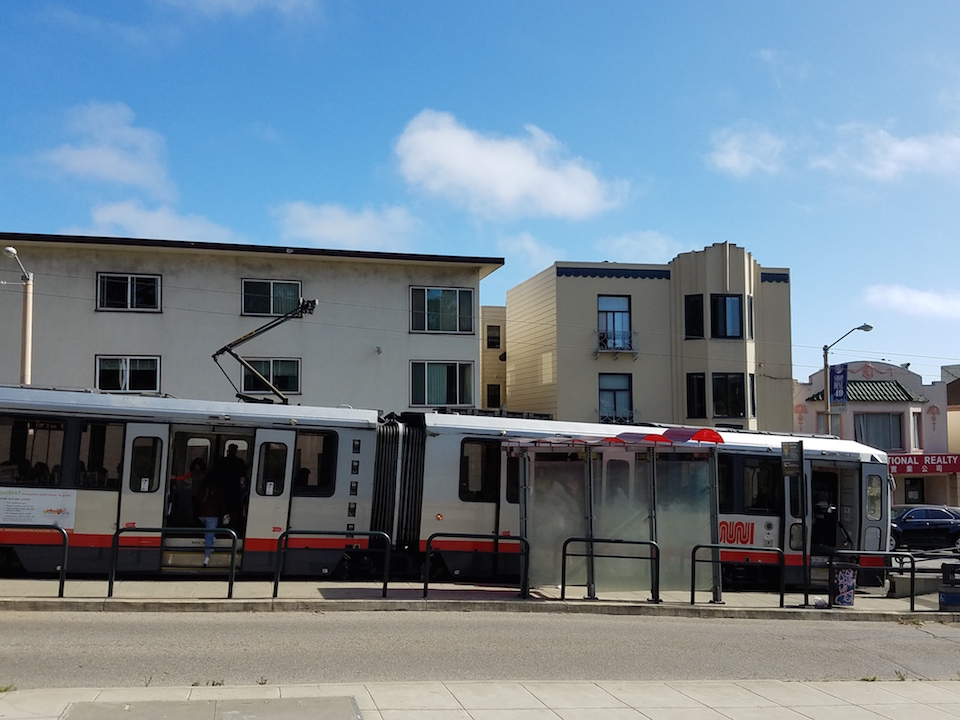
The proposed changes have been a source of contention for the community, and 60 people, including both advocates and opponents of the plan, spoke out during the public comment portion of the meeting. Many speakers asked the board to delay voting on the resolution until after the pilot program had been conducted.
“This is clearly a war against the weak,” said Herbert Weiner. “The board should not give this project final approval at this meeting."
Many seniors, in particular, came to argue in favor of keeping their stops. "I've lived [at 24th Avenue and Taraval] for 35 years," resident Wendy Ngai said in Cantonese through an interpreter. "I don't drive ... I've retired now, and need to take the [L-Taraval] to buy groceries, visit the post office, and see the doctor. I'm opposed to the removal of the station."
Other merchants and residents advocated against the removal of parking spaces to make way for the new boarding islands. Many argued that it would hurt local businesses.
To mitigate the issue of parking, the SFMTA had previously proposed installing perpendicular parking along Ulloa and Santiago streets. However, local community leaders, including Assessor-Recorder and former District 4 Supervisor Carmen Chu, were opposed to the plan.
"I come to speak as a private resident," Chu said. "I support the decision to implement non-permanent pilots ... I implore the MTA to think about mitigation options for the parking.”
People with disabilities also spoke in support of boarding islands—but against stop consolidation. Many said that the transit corridor currently lacks accessible facilities that allow wheelchair users to board the L-Taraval.
“We have many different types of disabled people, whether we are blind, hard of hearing or like myself, in a wheelchair," said Leslie Clark, a member of the Muni Accessibility Advisory Committee. "The additional stops on Taraval are needed."
For other residents and transit advocates, the project fell short of safety standards set forward by the city.
"The pilot project does not go far enough," said Janelle Wong, a resident and parent who lives in the area. "The project itself should be implemented just to be in compliance with the Mayor's Vision Zero directive ... We're talking about human lives at stake, versus parking spaces."
In the end, safety-related arguments won out for the Board of Directors, who spoke of the larger strategy for safety and improvements along the line.
"As an agency, it is our responsibility to design streets as safely as possible," said SFMTA director Gwyneth Borden in her comments. "We just saw that horrible accident where a tree fell on a woman. The question is, did the city do its job? ... We don't want to take the risk that someone becomes paralyzed—or worse, dies—because we want to save some parking spaces."
